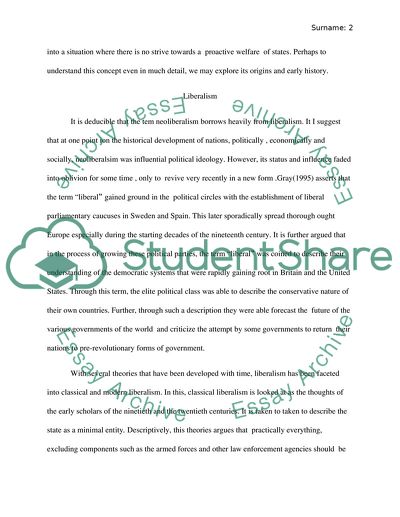Cite this document
(Cornerstones of Neoliberalism Research Paper Example | Topics and Well Written Essays - 2500 words, n.d.)
Cornerstones of Neoliberalism Research Paper Example | Topics and Well Written Essays - 2500 words. Retrieved from https://studentshare.org/politics/1790434-research-paper-of-neoliberalism
Cornerstones of Neoliberalism Research Paper Example | Topics and Well Written Essays - 2500 words. Retrieved from https://studentshare.org/politics/1790434-research-paper-of-neoliberalism
(Cornerstones of Neoliberalism Research Paper Example | Topics and Well Written Essays - 2500 Words)
Cornerstones of Neoliberalism Research Paper Example | Topics and Well Written Essays - 2500 Words. https://studentshare.org/politics/1790434-research-paper-of-neoliberalism.
Cornerstones of Neoliberalism Research Paper Example | Topics and Well Written Essays - 2500 Words. https://studentshare.org/politics/1790434-research-paper-of-neoliberalism.
“Cornerstones of Neoliberalism Research Paper Example | Topics and Well Written Essays - 2500 Words”, n.d. https://studentshare.org/politics/1790434-research-paper-of-neoliberalism.


